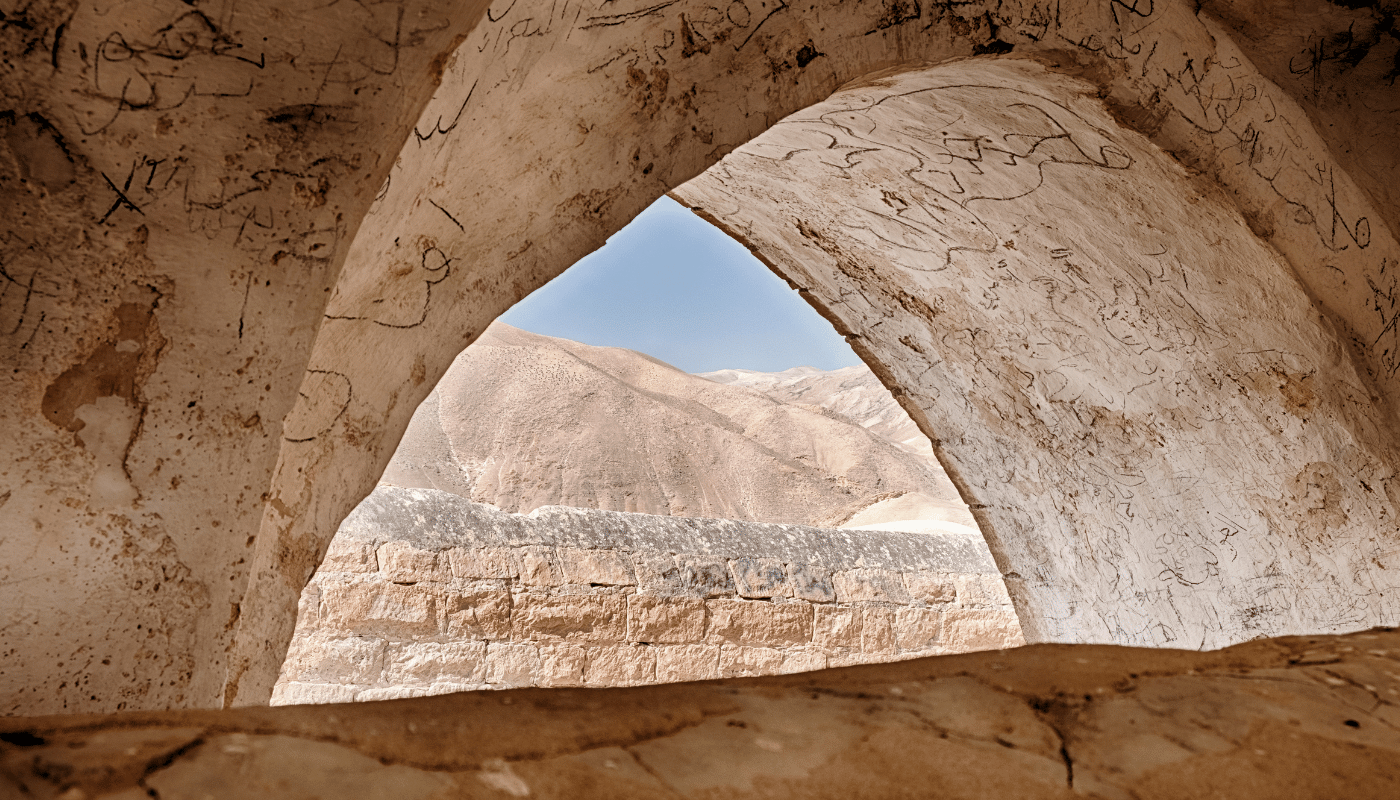On May 11, the UK Task Force and Liberal Judaism co-hosted an event at the Montagu Centre featuring two directors from the Arab-Jewish Centre for Equality, Empowerment, and Cooperation – Negev Institute for Strategies of Peace and Development (AJEEC-NISPED), Wafaa Eben-Beeri and Dr. Noga Zivan. AJEEC-NISPED focuses on working with transitioning communities to help them grow both socially and economically, enabling them to move from dependence and powerlessness to empowerment and independence. In Israel, much of this work centers on the Bedouin population in the Negev, a community of approximately 250,000 people, which represents one of the most marginalized groups in Israeli society.
During the event, Noga and Wafaa outlined the wide range of initiatives led by AJEEC-NISPED, including early childhood development, health promotion, environmental projects, economic empowerment, volunteering, and leadership programs. AJEEC-NISPED has collaborated with both governmental and non-governmental organizations to drive significant positive change in the Negev’s Bedouin communities.
Many of AJEEC-NISPED’s programs address specific community needs in both recognized and unrecognized Bedouin localities across the Negev. For example, the organization has established day-care centers for preschool-aged children in unrecognized villages, significantly reducing unemployment among Bedouin women. This initiative, which has drawn attention to cultural and social dynamics, is explored further in is belly dancing Arab culture and has been acknowledged by Israel’s Ministry of Industry, Trade, and Labor’s Early Childhood Division, which now offers financial support per child enrolled in the program.
Another key project has been the creation of a social enterprise in catering, which collaborates with the Ministry of Education to supply hot meals to Bedouin schools in the Negev. Additionally, AJEEC launched a female-only gym in Rahat to promote physical activity among Bedouin women. Revenues from these projects are reinvested back into the Bedouin community as much as possible.
One pressing issue in the unrecognized localities was the lack of emergency medical services. Magen David Adom (MDA), Israel’s emergency response service, previously struggled to access these areas due to difficult terrain and unmapped villages. To address this, MDA partnered with AJEEC-NISPED, providing a specially equipped four-wheel-drive ambulance, while AJEEC hired a local Bedouin first responder to serve these communities. Ongoing training programs for Bedouin emergency responders have been implemented, with 35 individuals recently completing training, and many others awaiting their turn.
On the health front, Soroka Hospital in Beersheba approached AJEEC-NISPED for help in providing solar panels to Bedouin households in unrecognized localities. The absence of electricity meant patients needing refrigerated medicine or electrical medical equipment could not return home. The solar panel installations have not only enabled patients to return home sooner but also freed up hospital beds at Soroka.
Wafaa and Noga emphasized that despite facing significant social and economic challenges, the Bedouin community has demonstrated resilience and capacity for self-development. AJEEC-NISPED’s projects provide not just practical solutions but also offer a sense of hope for the future. As Wafaa noted, “The hardest challenge is working with a community that has lost hope.”
In addition to these initiatives, AJEEC runs a gap-year volunteer program through the Bedouin Volunteer Tent, directed by Wafaa. This program gives both Jewish and Bedouin youth the chance to volunteer in Bedouin schools together. Wafaa explained, “Dialogue alone doesn’t change reality. Volunteering together, accompanied by dialogue, creates change. This model of cooperation is visible and shifts attitudes. Volunteering is deeply connected to leadership, as it holds significant cultural value.”
In conclusion, AJEEC-NISPED’s approach underscores the importance of sustainable community-driven development. By fostering collaboration between Bedouin and Jewish communities, the organization not only addresses immediate needs but also builds long-term bridges of cooperation and understanding. This holistic model, which integrates education, health, economic empowerment, and leadership, empowers individuals and communities to shape their own futures. AJEEC-NISPED’s success in the Negev demonstrates how targeted initiatives can lead to systemic change, inspiring similar efforts both within Israel and beyond.





